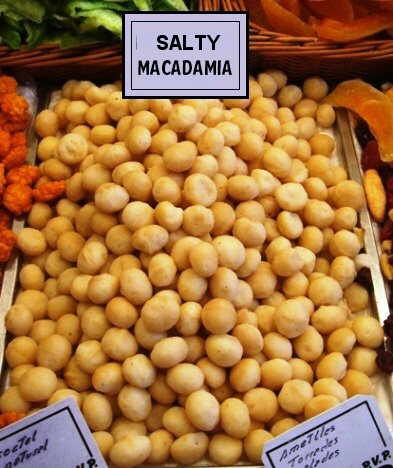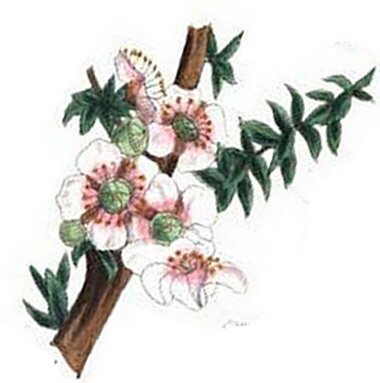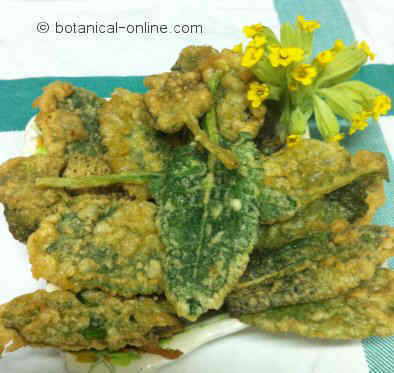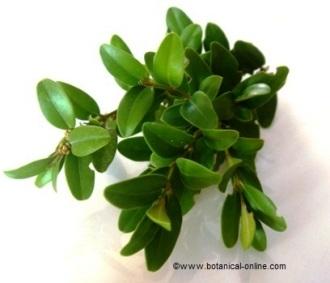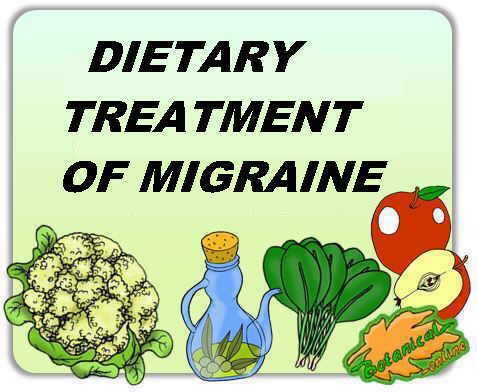Contents
Characteristics of emulsifying additives
What are emulsifiers?
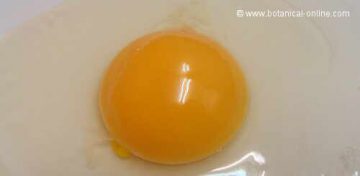
To understand it in a simple way, emulsifiers are those substances that can bind fats with foods mainly composed of water. An example of these substances is lecithin.
Thus, emulsifiers are responsible for maintaining an aqueous and lipid mixture in suspension, so that, for example, in a sauce the water droplets (vinegar, milk, …) are not separated from the fat (oil, cream…).
In nature, there are many emulsifying substances, such as soy lecithin, egg yolk lecithin, it is also present in garlic, chickpeas, chayote or peanuts.
Are emulsifiers safe?
Emulsifiers can also be chemically synthesized. As for the safety of these additives, these substances have no health risk, as the body can easily break them down.
What foods contain emulsifiers?
Margarines, mayonnaise, chocolate, cakes, cookies, puff pastries, instant powders for dairy drinks, baby milk, desserts, foamy desserts, baking fats, vegetable substitutes for milk and cream (soy drink), chewing gum, sauces, cocoa, sweets, bread, pasta, jams, packaged liquid coffee, drinks except beer and wine, fats for frying, fruit coating.
| Index of types of additives | ||
| Colorants | Preservatives | Caloric sweeteners |
| Emulsifiers | Thickeners and gelling agents | Antioxidants |
| Non caloric sweeteners | Acidulants and pH regulators | Other additives |
![]() More information on emulsifiers
More information on emulsifiers

